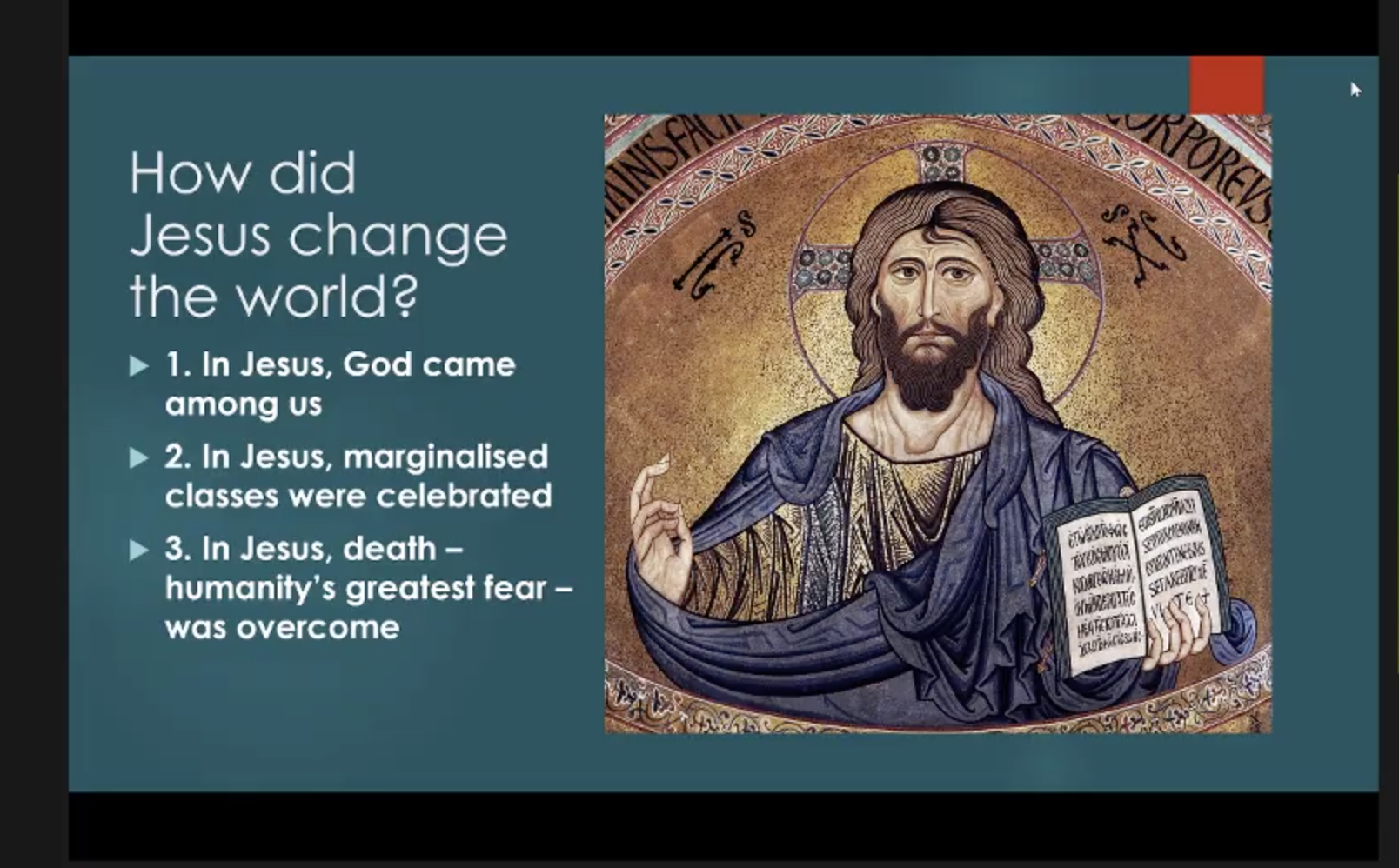
Introduction
What has God taught you this year about preaching and teaching? Today, we’re going to discuss three valuable tips for reviewing the lessons God has taught us in 2023, so that we can celebrate our growth and prepare for new lessons in 2024.
Tip 1: Personal Reflection
Whenever anyone asks for my feedback on their lesson my response is to ask them a question, “What do you think?” It’s not a test to see if they produce the ‘right’ answer. Rather, it is an opportunity for them to grow in their ability to assess their own teaching and preaching. Why is this important? Because they hear their own preaching and teaching more than any member of their congregation ever will. We can become our best sources for feedback if we train ourselves to think this way.
How do we do this? We take time to pause and think deeply about our experiences, successes, challenges, and areas for improvement. By reflecting on our personal experiences, we can identify what has worked well and what needs adjustment. We can ask ourselves questions such as: “What teaching and preaching strategies have been effective in capturing my audience’s attention?” “How well have I integrated biblical principles into my lessons?” “Have I effectively communicated the main points of my sermons?”
Specific suggestions to aid self-reflection:
- Watch or listen to some of your lessons
- Reflect on the sense you had of the congregation’s engagement
- Review some of your lesson notes: Was the main point clear; were you true to the text; did your illustrations illuminate the meaning; was application made helpfully?
- Ask what was healthy
- Ask what could be improved
- You are looking for patterns, not one-offs
Tip 2: Friendly Feedback
Our second tip focuses on the power of collaborative reflection. Collaborative reflection involves engaging in discussions and sharing ideas with fellow preachers, or teachers and your hearers. This collaborative process allows us to gain new perspectives, exchange insights, and learn from the experiences of others. By engaging in collaborative reflection, we can benefit from the collective wisdom and expertise of others. We can discuss our teaching and preaching experiences, share innovative strategies, and troubleshoot challenges together. Collaborative reflection also provides a supportive environment where we can receive constructive feedback and suggestions for improvement.
- Ask trusted people for feedback. I have a meeting planned this week with some old friends. I will be asking them for their thoughts on my priorities for the year ahead. One area I plan to ask them about is how my preaching was this year, and what I can grow in for 2024.
- Review any verbal or written feedback you have received this year via email, facebook, YouTube comments etc. I assume you have kept a copy. You should. It helps on occasions such as this.
- Consider the strengths of other preachers and teachers you admire and whether theirs could become yours. What is it about their speaking you would like to incorporate, and why is that important?
Tip 3: Take Action
Our third and final tip is to take action based on our reflections. Reflection alone is insufficient; it must be followed by action. Taking action based on our reflections allows us to grow and implement positive changes in our teaching and preaching practices. This can involve implementing new strategies, trying different teaching methods, or incorporating feedback from other people.
- Does something stand out? If you have several areas to consider, pick one — it does not matter which one — and find one action to take.
- My aim this year has been to grow in effective ‘urging’. I printed off the three words, ‘encourage, comfort and urging’ and stuck them in my Bible, pad and below the computer monitor.
- What is one step in the right direction for you? The key is to move, not to worry about whether you will arrive. Last year’s first action was to print off the labels and stick them in various places where I would see them. What is yours?
Conclusion
In conclusion, personal reflection, collaborative reflection, and taking action based on our reflections and feedback from other people are the tools we need for continuous growth and improvement in our teaching and preaching practices.
We have one more teaching tip left in 2023. Next week we will explore preaching and teaching growth for 2024. In the meantime, why not send me your reflections and actions you plan to take? Let’s share them with one another to encourage and inspire our preaching and teaching community.
Consider joining AIM UK&Ireland to develop your understanding of Scripture: https://aimukandireland.com/. Our current module is Counselling and Psychology.
Contact us here with enquiries: courses@aimukandireland.com
The website can be found here: https://aimukandireland.com
Please add your comments on this week’s topic. We learn best when we learn in community.
Do you have a question about teaching the Bible? Is it theological, technical, or practical? Send me your questions or suggestions. Here’s the email: malcolm@malcolmcox.org.
If you’d like a copy of my free eBook on spiritual disciplines, “How God grows His people”, sign up at my website: http://www.malcolmcox.org.
Please pass the link on, subscribe, and leave a review.
Remember to keep calm, and carry on teaching.
God bless, Malcolm



